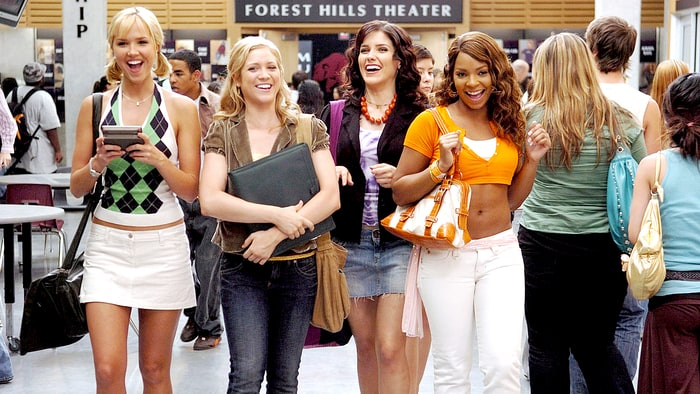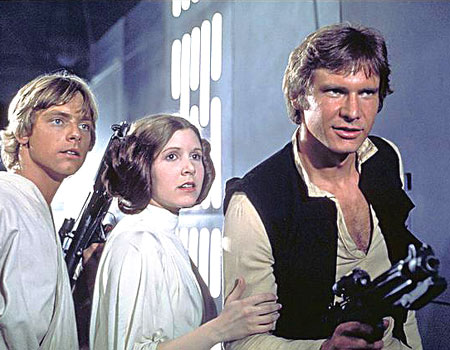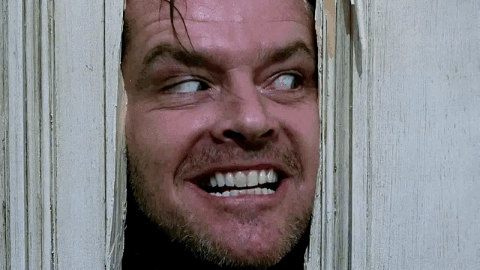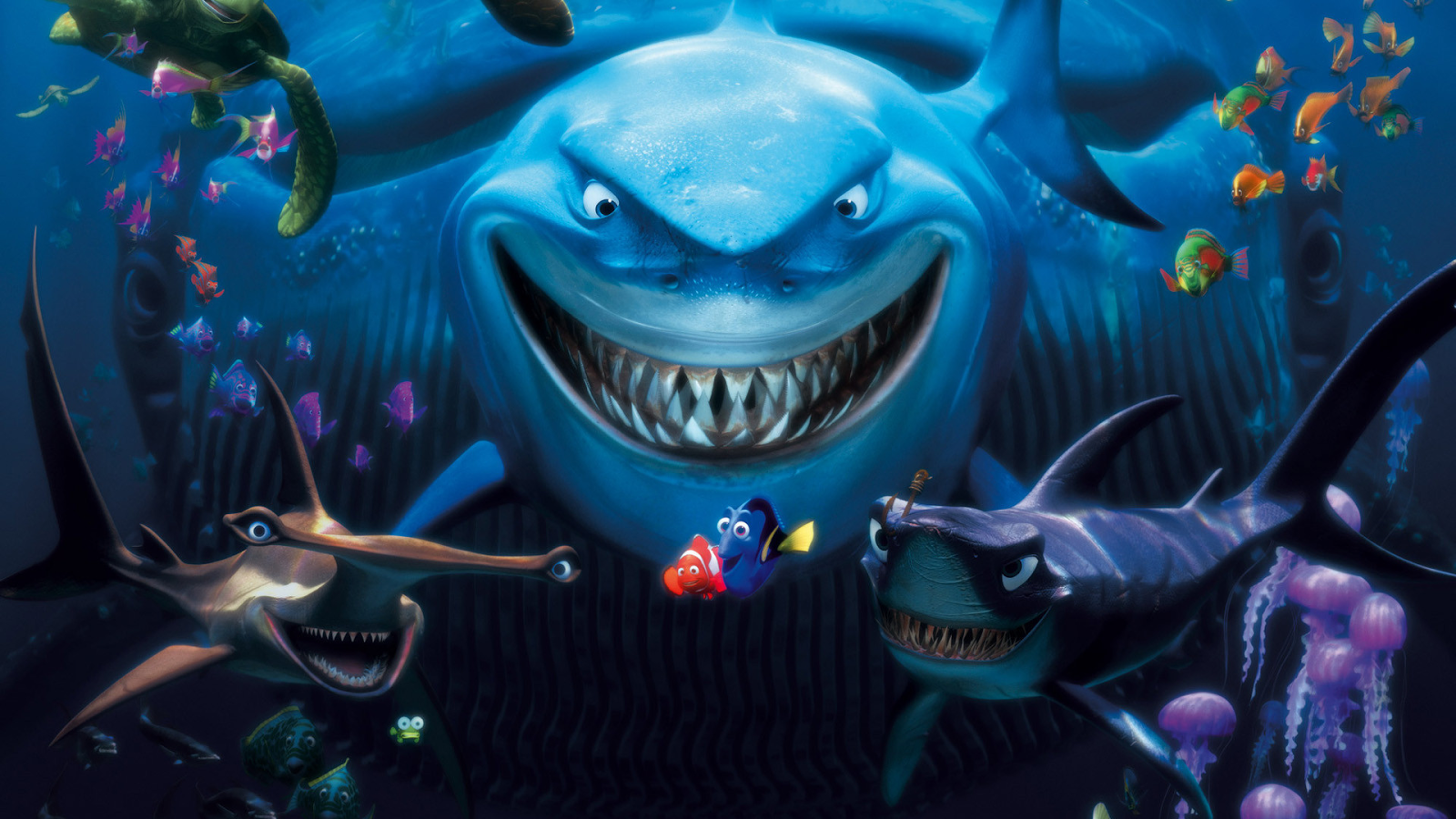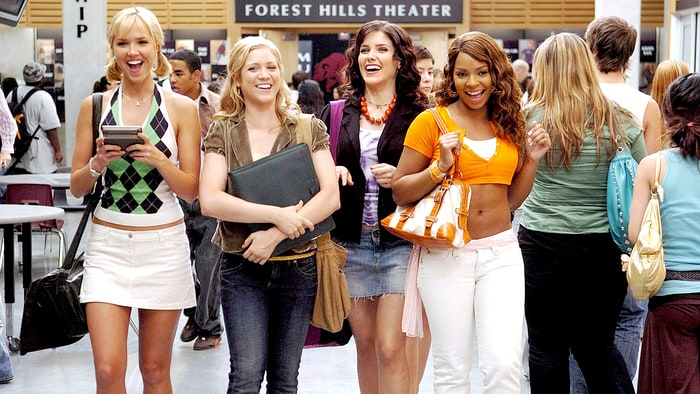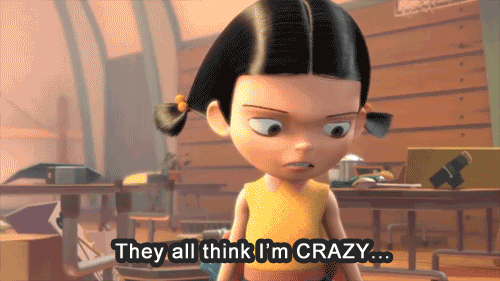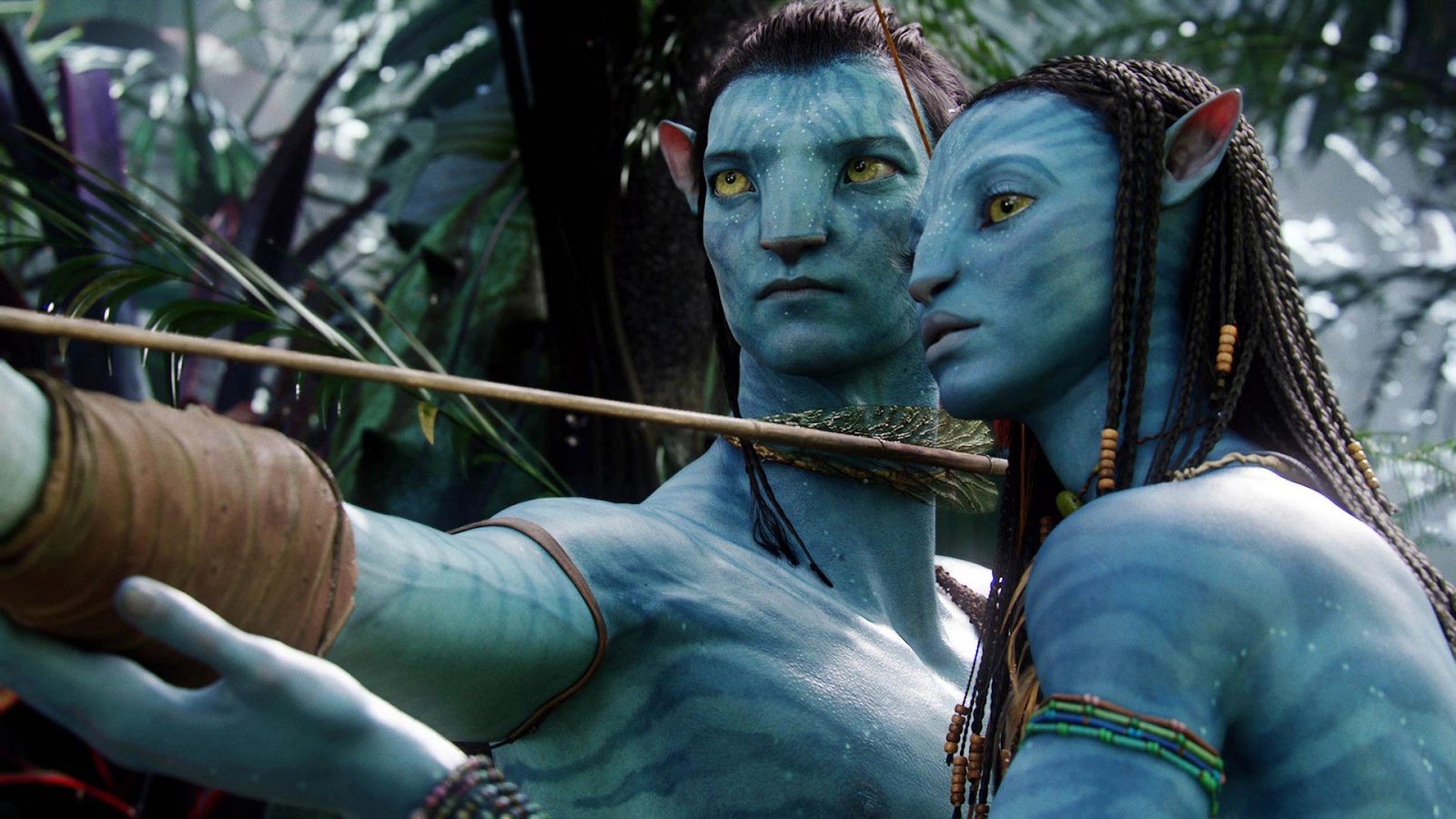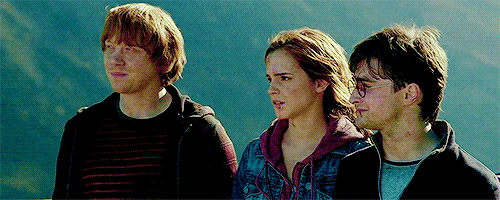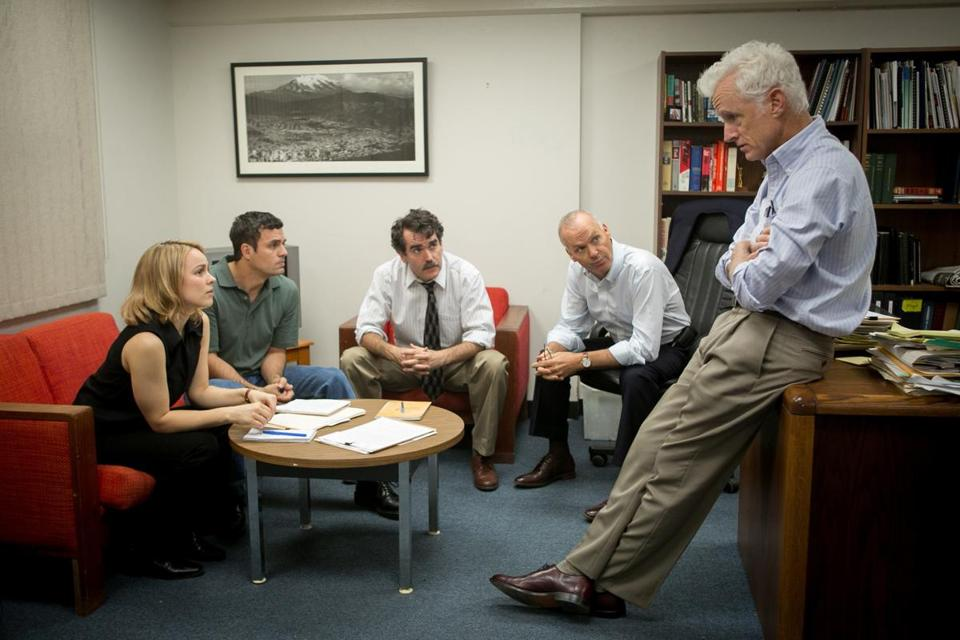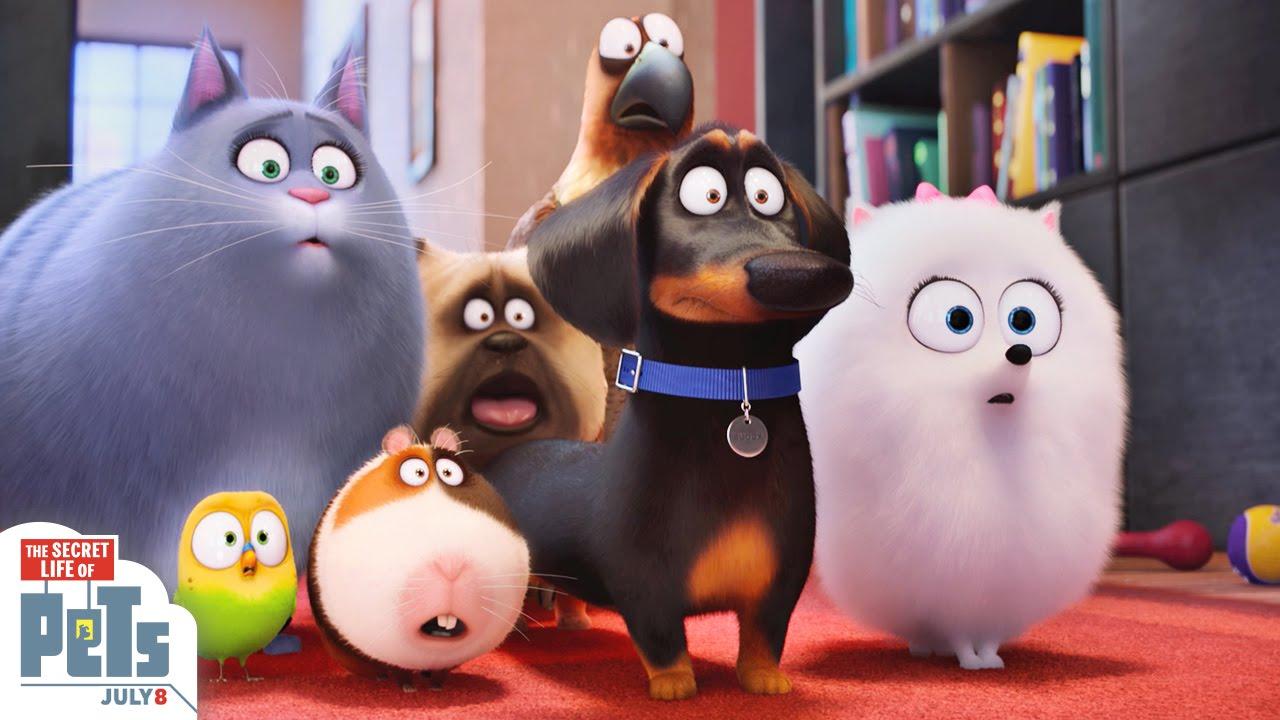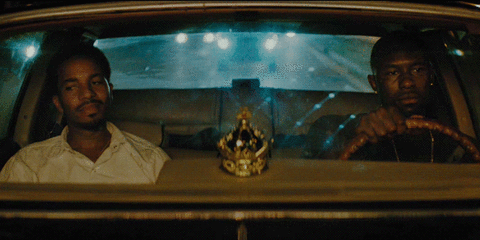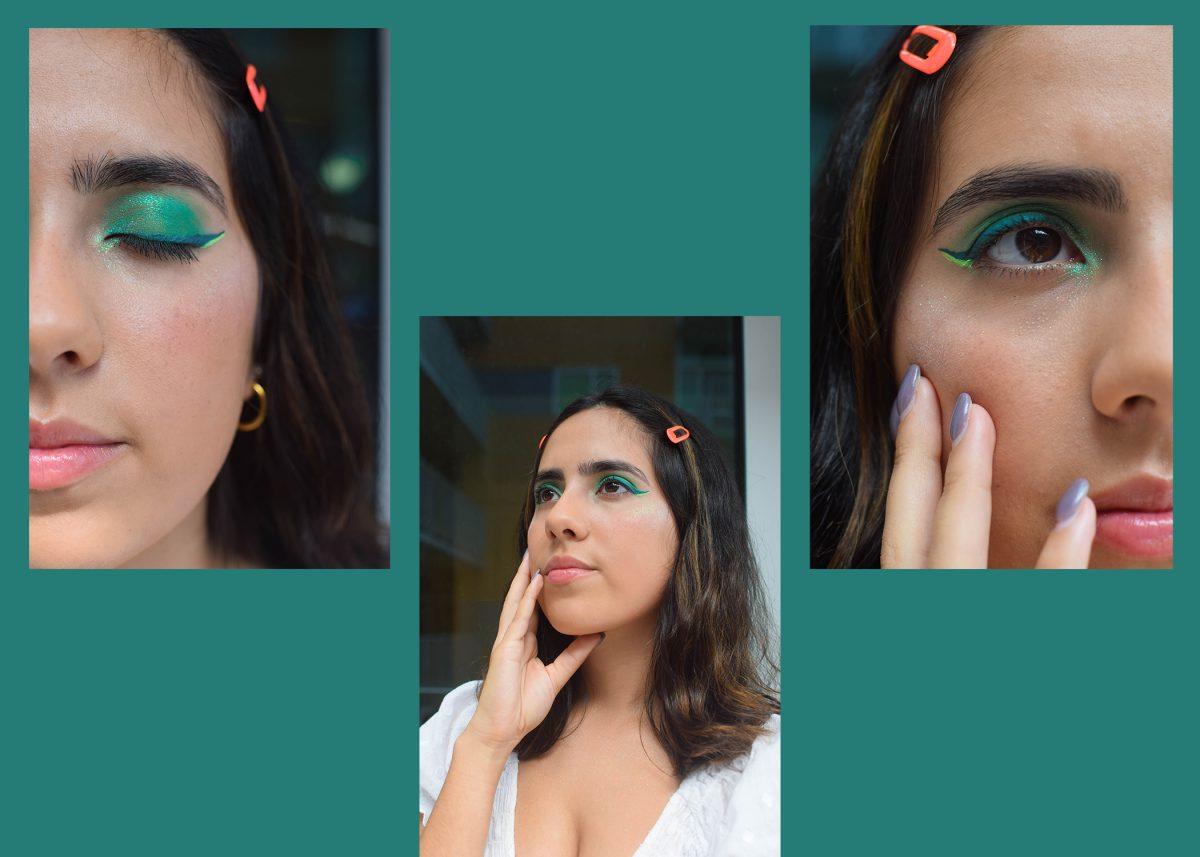The Bechdel Test was created to evaluate whether or not a film portrayed women in a sexist manner. The test is named after cartoonist Alice Bechdel, who created one of the earliest pop culture representations of lesbians in comics and cartoons. Her comic strip, “Dykes to Watch Out For,” followed the lives of a diverse and complex group of women.
Story by Sofia Mendiola
The Bechdel Test raises awareness about gender inequality in films, particularly the false notion that women characters can only exist in relation to men. The rules of the test first appeared in “Dykes to Watch Out For.”
In order to pass the test, a film must meet the following requirements:
- It must have at least two women
- Women must talk to each other
- Conversations women have must concern something other than men
From iconic classics to horror films, here is a list of movies that, unfortunately, do not pass the test.
“Star Wars Trilogy” — 1977
Photo courtesy pinterest.com
The main female character in the original trilogy that most viewers see is Princess Leia, who is played by our beloved Carrie Fisher. But, in the whole galaxy we mostly see an ensemble of men, who are either leaders and commanders or galaxy troopers. The Star Wars Trilogy does not pass the test, because of its poor presentation of female characters, and because of the fact these female characters never speak to each other.
“The Shining” —1980
Photo courtesy tumblr.com
In this iconic thriller, there is a whole scene that is just Wendy and a female doctor talking, but they do not talk about anything other than Danny and Jack. Furthermore, the female doctor does not have an actual name, which shows that she is not as important to the film.
“Finding Nemo” — 2003
Photo Courtesy storypick.com
A film that has an established a place in all of our hearts, only passes a third of the Bechdel requirements. Throughout the journey made between Marlin and Dory, there was never once another female character. From the sharks to the turtles, they were all sadly an ensemble of male characters.
“John Tucker Must Die”— 2006
Photo courtesy of US Weekly.
One would think this movie passes because of the dynamic between a confident group of girls, but. throughout the whole movie, the girls only speak about one person: John Tucker. In addition, the conversation held between Kate and her mother is about her mother’s past of failed boyfriends.
“Meet the Robinsons”— 2007
Photo Courtesy tumblr.com
In an adventure between the past and future, there are three main female characters in the movie. There is still no view of the female characters actually having a conversation with each other, even though they had many opportunities to do so.
“Avatar”— 2009
Photo courtesy of theweek.com.
There are brief moments of interactions amongst the female characters, but nothing that is said is can be considered an actual conversation. In one of the scenes, Neytiri and her mother have a brief discussion. Unfortunately that conversation is all about Neytiri’s love interest, Jake.
“Harry Potter and the Deathly Hallows: Part II”— 2011
Photo courtesy of rebloggy.com.
During the final battle between Harry Potter and Lord Voldemort, all the female characters fight to end the darkness that has entered Hogwarts.. Even in the midst of all the chaos, the main female characters do not actually have a conversation with each other.
“Spotlight”— 2015
Photo courtesy of The Boston Globe.
In order to learn the truth, reporters from the Boston Globe track and verify different stories from priests, victims, and lawyers to unveil a troubling cover up. The only main female character is Sascha, who plays the an important role as a reporter at the Boston Globe. The only other female character she interacts with is with her grandmother, but her Nana does not have definite name, and they never hold an actual conversation either.
“The Secret Life of Pets”— 2016
Photo courtesy of moviefone.com.
There are few female characters in this family film. Unfortunately, the only conversation held between the female dog characters, Chloe and Gidget, only leads in reference to the main male dog character, Max.
“Moonlight”— 2016
Photo courtesy of junkee.com.
The two female characters, Paula and Teresa, never speak to each other. The winner of “Best Picture” at the 89th Academy Awards doesn’t technically pass the test. That does not mean Moonlight is still not a groundbreaking film that has shown tremendous compassion and universal truths toward audiences.































